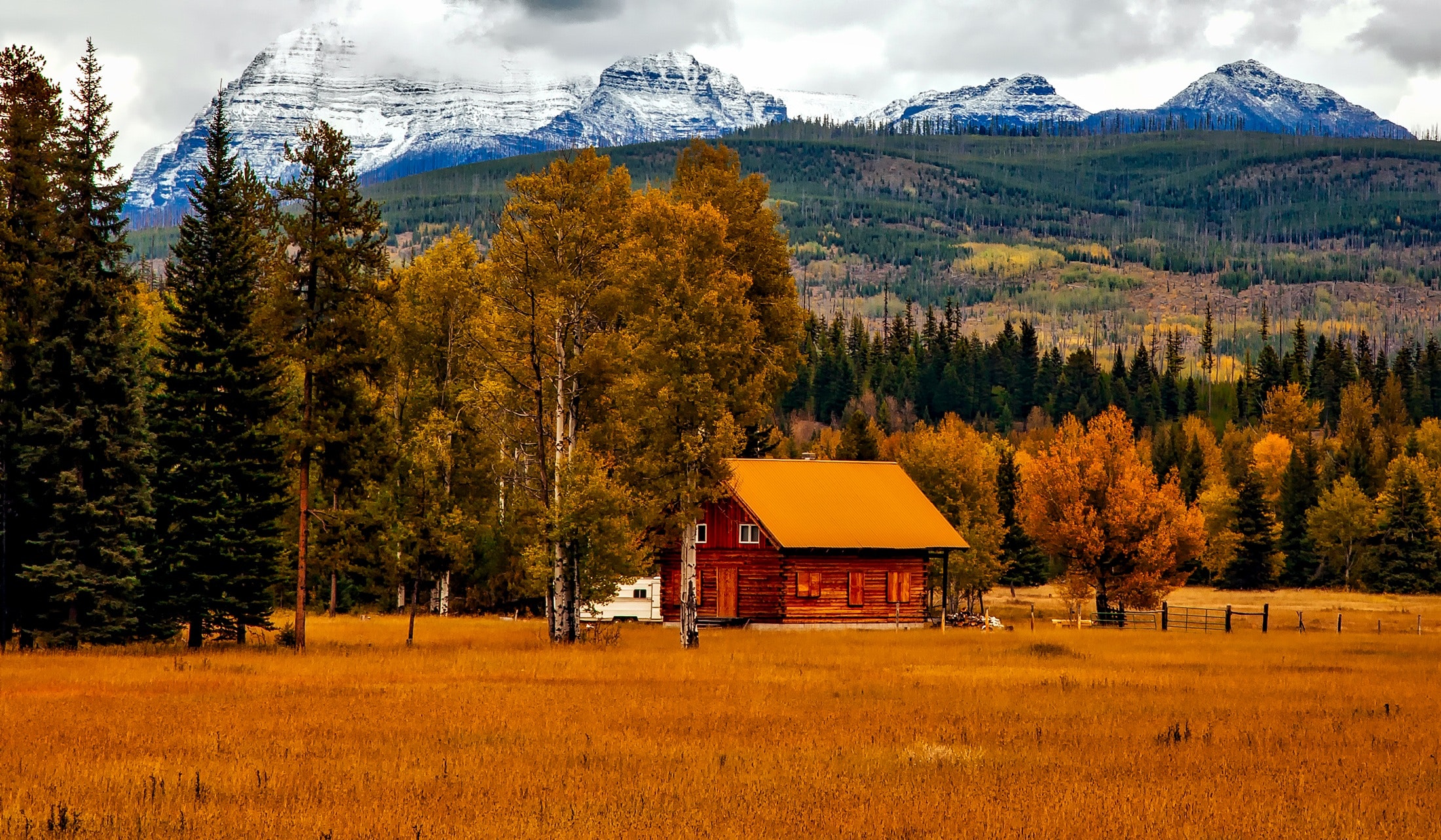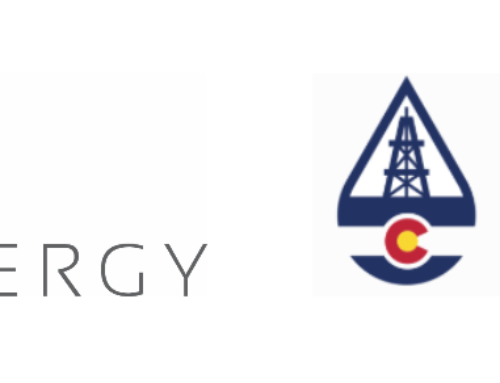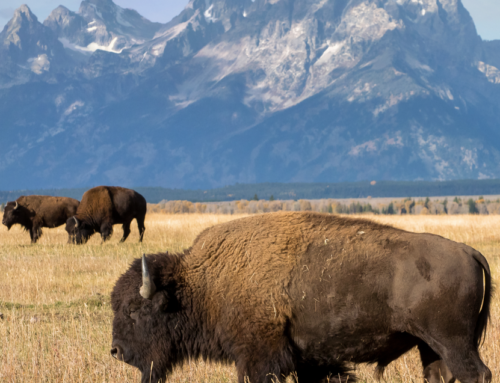In recent years, Colorado has grown to be the 7th largest oil-producing state in the United States. This has largely been driven by the advent of horizontal drilling and hydraulic fracturing techniques, which allow more oil and gas to be extracted than conventional drilling. The Niobrara is the prominent formation that is drilled in Colorado. It is a shale, or tight oil formation, which means oil is present in low-permeability rock (i.e. the rock isn’t very porous, which means the oil cannot freely flow, hence it is considered “tight”). In order to extract oil, the shale is fractured, which creates small cracks in the rock which allows the oil to flow into and is subsequently collected.
This increased oil and gas activity has not come without controversy, however. There have been several proposals in recent years to attempt to impose stricter regulations on oil and gas development in Colorado. Proposition 112, the initiative that would have increased oil and gas drilling setbacks from homes, business, waterways and other sensitive areas failed to pass in 2018 by a margin of 57% “against” and 43% “for”. This seemingly meant oil and gas production would march on as it had in recent years. However, in April 2019, the newly-elected governor executed Senate Bill 181 (“SB181”) which has been referred to as “the most comprehensive oil and natural gas legislation Colorado has seen in decades.”
SB181 has two primary components that impact Colorado mineral rights owners: it increases authority of local governments to regulate the industry and restates the mission of the Colorado Oil and Gas Commission (“COGCC”). Previously, the power to approve drilling permits was at the sole discretion of the COGCC based on state-wide rules and regulations. With the passing of SB181, local municipalities now can create their own rules and regulations that must be met in order for permits to be approved. A second important result of the bill is the change to the COGCC’s mission statement. Previously, the COGCC’s mission was to “foster the development and production of the natural resources of oil and gas in the state of Colorado in a manner that protects public health, safety, welfare, the environment and wildlife resources”, it now reads that their mission is to “regulate the development and production of the natural resources of oil and gas in the state of Colorado…”
What does this mean for Colorado mineral rights value? While oil and gas production continues in Colorado, the passing and implications of SB181 creates a cloud of uncertainty around future oil and gas development in the state. Oil companies may start to seek more oil and gas friendly states to shift their focus, deciding its not worth the risk of not getting permits approved, and withdraw from Colorado over time. This would put Colorado mineral rights owners in a tough position as mineral rights only have value if the resources in the ground can be extracted. To counteract this risk, some Colorado mineral rights owners may decide to sell their minerals. If you are interested in receiving and offer for your Colorado mineral rights, reach out to TPG Energy today at contact@tpgenergy.com










